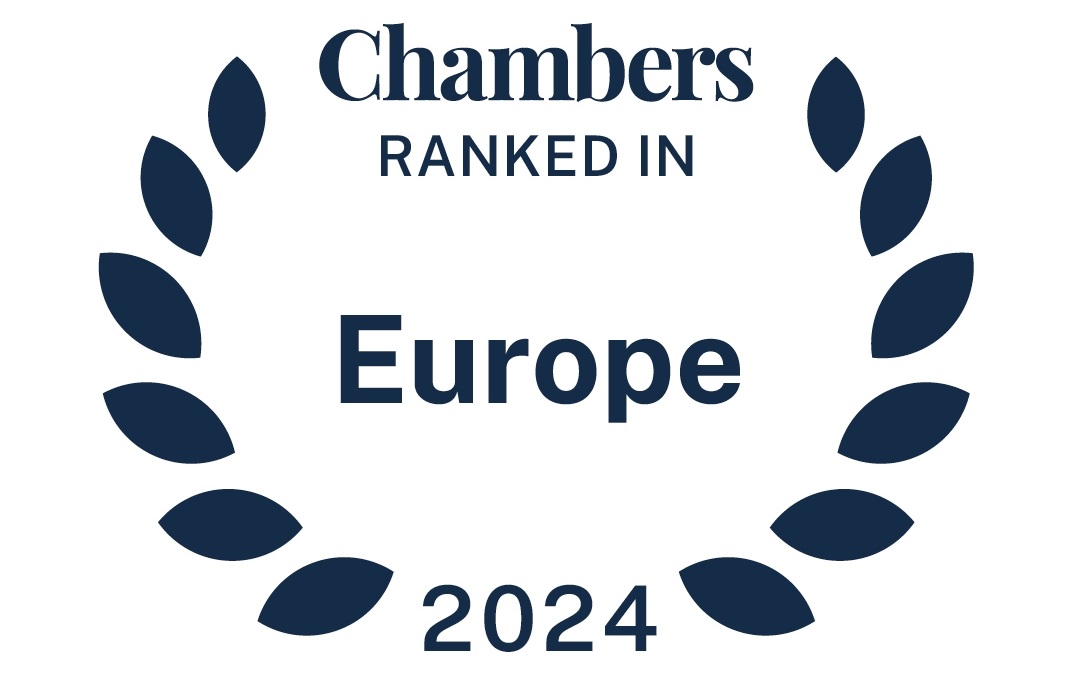Highlights
In a recent ruling, the Court of Justice of the European Union (CJEU) upheld the legality of confiscating the proceeds from brokering services relating to military equipment manufactured in Russia and sold from Ukraine to India, without entering the European Union. This decision highlights the increasingly broad reach of EU sanctions and the EU’s dedication to enforcing sanctions and preventing circumvention.
This is also a clear sign to all EU operators providing brokering services to implement robust due diligence mechanisms to ensure that they are not captured by prohibitions under EU sanctions should underlying goods be in any way linked to Russia. In addition, the CJEU gave a clear signal of support to the European Commission and the relevant authorities of EU Member States prosecuting violations of EU sanctions, assuring them of a pro-enforcement line of CJEU case law.
Dispute
The case involved a Romanian aeronautics company which acted as intermediary in the sale of radio sets from a Ukrainian company to an Indian company. Given that these radio sets qualified as military goods and some of them were manufactured in Russia, the Romanian export control authority (ANCEX) warned the aeronautics company that the provision of its services would be prohibited under EU sanctions against Russia. The aeronautics company disagreed and nonetheless provided the services, the value of which amounted to almost EUR 3 million, resulting in the Romanian export control authority imposing a fine of EUR 6,000 and confiscating all the proceeds from its’ services. The aeronautics company appealed this decision.
Although not central to the case before the CJEU, at its core the dispute between the aeronautics company and the Romanian authority circled back to the interpretation of the scope of prohibition of Article 2 of Decision 2014/512 providing that:
“It shall be prohibited:
(a) to provide technical assistance, brokering services or other services related to military activities and to the provision, manufacture, maintenance and use of arms and related materiel of all types, including weapons and ammunition, military vehicles and equipment, paramilitary equipment, and spare parts therefor, directly or indirectly to any natural or legal person, entity or body in, or for use in Russia”
The aeronautics company, reading this prohibition narrowly, and referencing Section 1 of the Article which prohibits the sale of military goods to Russia, argued that the prohibition only applied in relation to brokering services related to military goods which are themselves to be provided to Russian entities, or for use in Russia. The aeronautics company considered, therefore, that given the radio sets were provided to an Indian company, and not a Russian company, it fell outside the scope of this prohibition.
On the other hand, the Romanian export control authority argued that Article 2(2)(a) should be read broadly and should apply to all brokering services provided to Russian entities, or for use in Russia, which relate to military goods, notwithstanding whether the military goods are not sold to Russia directly. Given that the aeronautics company provided brokering services to military goods manufactured by a Russian entity, it provided brokering services indirectly to the Russian manufacturer, and therefore violated this prohibition.
Judgment
The proceedings before the Romanian courts resulted in a preliminary question to the CJEU, which in its judgment agreed with the broad interpretation of Article 2(2)(a) presented by the Romanian export control authority. Specifically, it held that:
“64. It is apparent from the wording of that provision, the use of the terms ‘directly or indirectly’ in particular, that the prohibition which it lays down applies broadly, inter alia, where brokering services in relation to military equipment are provided to a natural or legal person, entity or body in Russia, without that wording requiring that that equipment be imported into the territory of a Member State. According to that wording, it is sufficient that those services are provided, directly or indirectly, to an operator in Russia, irrespective of the final destination of that equipment, contrary to [the company]’s submissions.”
The CJEU also held that confiscation of the entirety of proceeds is a proportional limitation of the right to property guaranteed by Article 1 of Protocol 1 to the European Convention for the Protection of Human Rights and Fundamental Freedoms. It argued that:
“91. […] The nature of any such confiscation measure imposed is such as to dissuade the operators concerned from carrying out such transactions and to encourage them to comply with that prohibition and that notification requirement, which facilitates the monitoring by the competent authorities of the Member States of transactions relating to the goods concerned, in this case military equipment.
92. […] Given the low ceiling of that fine in comparison with the potential economic advantage accrued through brokering transactions in relation to military equipment, a fine alone is not sufficient to dissuade economic operators from infringing the prohibition on providing brokering services in relation to that equipment and the obligation to notify the competent national authorities.”
Read the press release published by the CJEU here.
Read the full judgment of the CJEU here.





